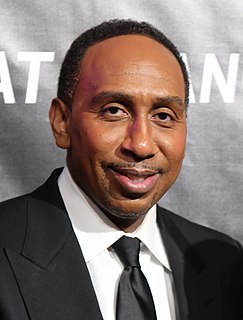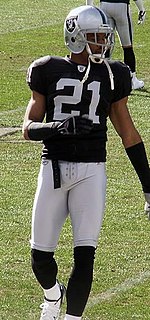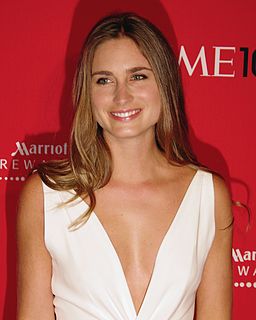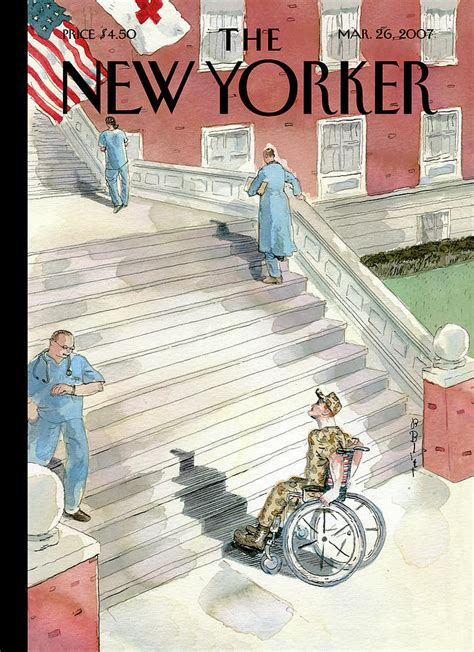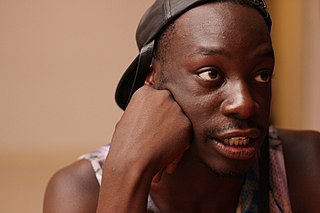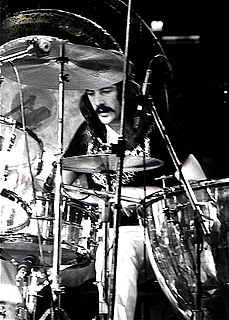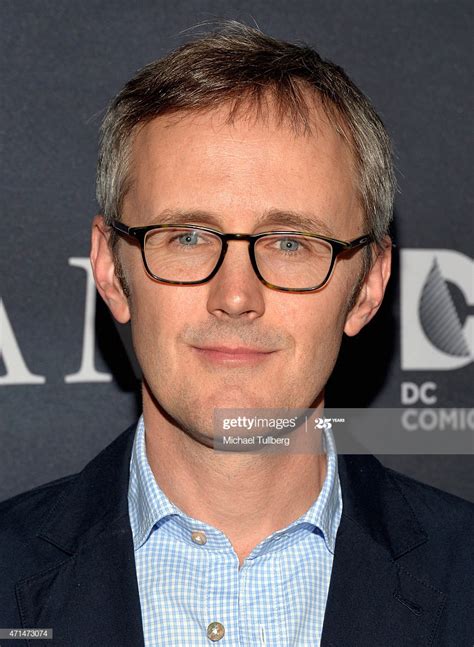A Quote by Stephen A. Smith
I came up in this industry at a time where you had to be a journalist. You had to break stories. You had to break news to elevate your career, to get to a certain point and a certain level in this business, before you even had the license to give your opinion, especially if you were a black man.
Related Quotes
No matter what level you're starting at, it's about not only utilizing your time, but your resources and network. For me, I started my company with a small amount of savings; I never had investors and I was lucky in the sense that I had models and connections in the fashion industry who were willing to give me advice early on. So really, for anyone starting a new business, it's really important to seek out mentors and knowledge from those who have come before you. And to not let that be discouraging, but to take that advice and really learn from it and mold it to what you're trying to do.
Luckily, my limited attention span is well suited to the velocity of the news cycles. There's an assault of stories coming at you on even a slow-ish news day, but certain things just tend to stick out. Certain stories just seem to have an odd sort of electricity. It does get tricky when you're pitching an image that won't hit the newsstands for another week. Not only can other, bigger stories break in the mean time, but other daily cartoonists, can also come up with the same idea - this is the most depressing thing - and put it out there so yours looks old by the time it's published.
Even if you were green and had a beard and a male appendage between your legs. Even if your eyebrows were orange and you had a mole covering your entire cheek and a nose that poked me in the eye every time I kissed you. Even if you weighed seven hundred pounds and had hair the size of a Doberman under your arms. Even then, I would love you.
That result at the French was a big break for me. I had been playing quite well up until that point but nobody really expected me to do well on clay - it was my worst surface. I had had some success on the clay but I was a set and a break up in the semi-final against Jausovec and maybe the enormity of the occasion got to me.
I, perhaps, at that stage, had the kind of ambition that others may have had; you know, namely based on the concept that if you were trained the world was out there waiting for you to provide a certain kind of leadership and give you an opportunity. But with the Depression, I began to see that there were certain social forces over which the individual had very little control.
The scene at a certain time was definitely boys; those huge warehouses were kind of violent parties, even. I think people in your immediate community made a nightlife scene that actually did break down gender roles and were along different lines of identity that had to do with race and experience in the '90s, rather than gender.
I had come to the point when I realized it was unlikely that my film career was going to move beyond a certain level of role. And I was - because I had graphic instances of it - handicapped by the success of Star Trek. A director would say, 'I don't want Jean-Luc Picard in my movie' - and this was compounded by X-Men as well.
